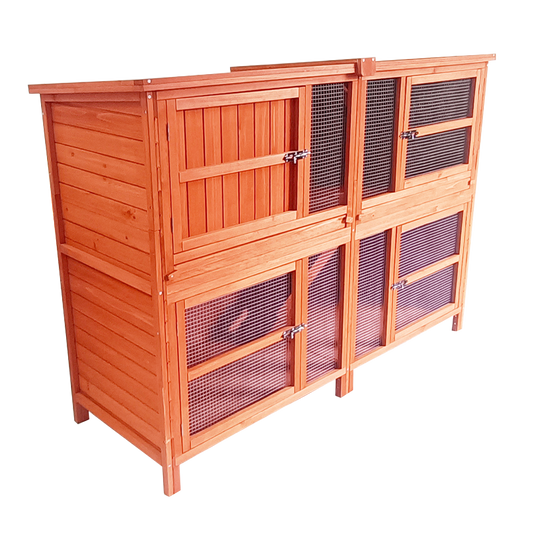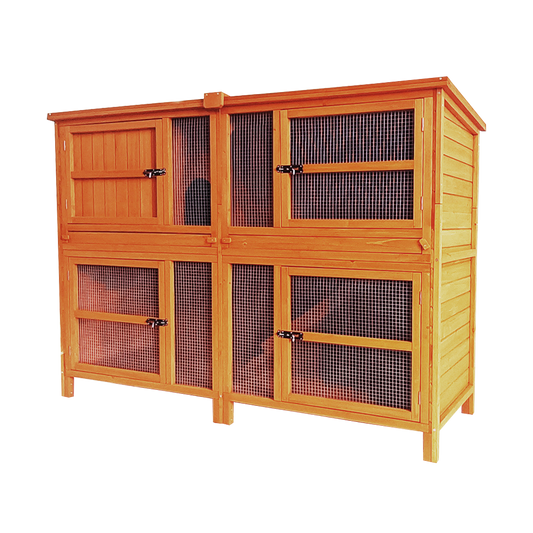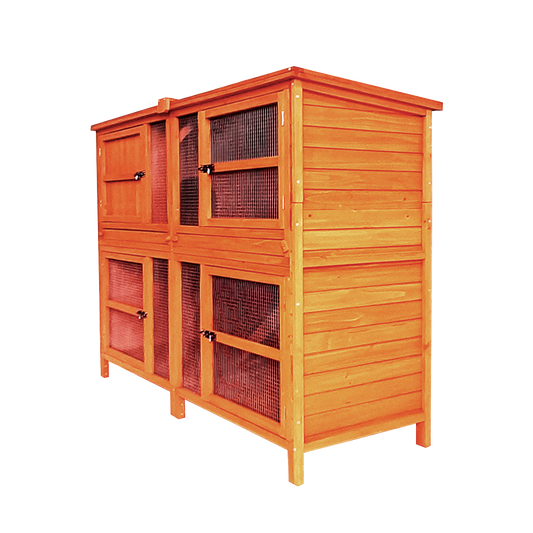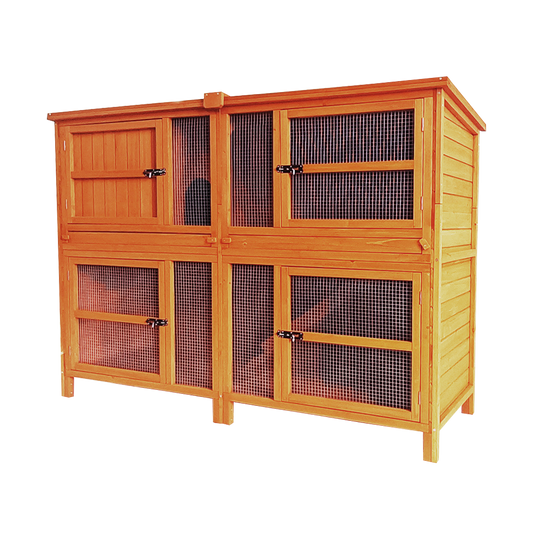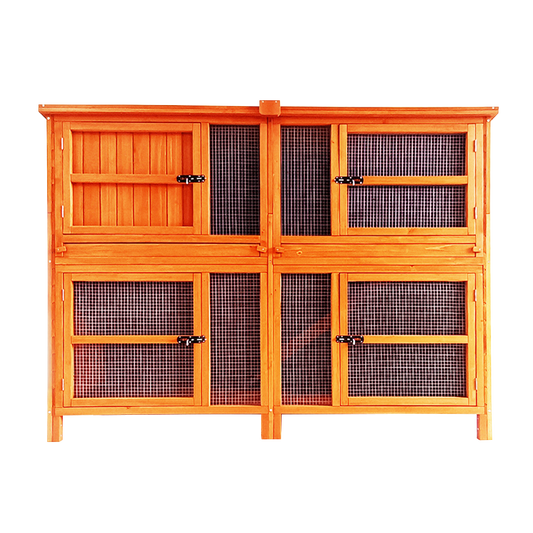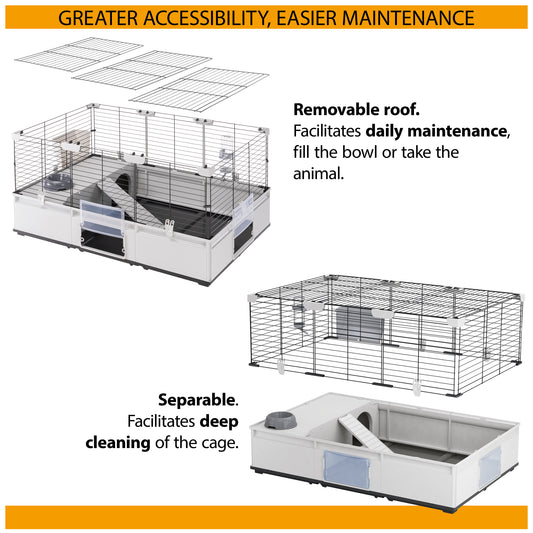For the past 3 months or so most of us have spent a lot of time at home with our pets. However, as lockdown is starting to ease and things are slowly returning to ‘normal’, our dogs will have to get used to us being away for longer periods of time again. For many dogs the transition will be easy and they’ll get back into their old routine no bother at all. Others, especially those who have suffered with anxiety in the past, may find it difficult adjusting to another sudden change in their routine and may struggle at first. My beloved Dobermann Shadow suffered with severe separation issues due to past traumatic experiences, which is why I can sympathise with anyone going through this as I know how upsetting and stressful it can be, for both the dog and the owner. I have listed a few tips below which I hope you will find useful!
Short but sweet
Get your dog used to the idea of your absence by leaving them alone for short periods of time, gradually increasing it over a number of days and weeks. If your dog is particularly anxious about you leaving his side even for a minute, start off by just leaving for 5 minutes and slowly build on this. This will reassure your dog that you will return. Do not make a huge deal about returning though, simply carry on as normal and give your dog a fuss once he has settled. This will prevent him from seeing your absence (and then your return) as a big deal and something he should get worked up about.
Boredom busters
Boredom can also contribute to unwanted, separation type issues so be sure to leave your pooch with plenty of toys to keep them entertained – stuffed Kongs, Buster Cubes and Antlers are all great interactive toys that your dog can amuse himself with. He will eventually start to associate you leaving the house with receiving a tasty treat rather than a bad thing!
Keep calm
As mentioned above, don’t make a fuss of your dog when you leave or return home as you don’t want him to see it as a big deal. When you arrive home only greet him once he has calmed down and isn’t jumping around in excitement! Also, ensure that when you do greet him you also remain calm.
Calming Products
There are a number of calming products you can purchase such calming vests, herbal remedies and Adaptil diffusers. Of course they won't instantly 'fix' your dog's anxiety but may help to relax and calm him. It's worth noting that all dogs are unique so what works for one may not work for another.
If, despite trying the methods above, you're still having concerns or your dog's separation anxiety appears to be worsening, seek professional help from a qualified and reputable behaviourist.



